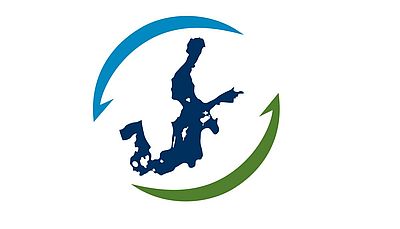2nd Baltic Earth Scientific Colloquium
News

Philosophical views on Baltic Basin climate and environmental sciences
Prof. emeritus Anders Omstedt, University of Gothenburg, Sweden
Monday 5 February 2024 (15:00 Copenhagen/Stockholm time; 16:00 Helsinki/Riga time)
We have investigated the scientific practice during the BALTEX/Baltic Earth research period from 1993 to 2023. The study applies a philosophical view of complex systems, which promotes an increased understanding through idealizations without organizing science into hierarchies. Instead, the pluralistic science approach used by the BALTEX/Baltic Earth program has successfully generated new knowledge about how to deal with climate and environmental changes in the region. Some of the major improvements in science understanding are:
• Improved communication skills through developing conceptual views into drawings with large information contents
• Improved experience in increasing data and data products and realizing the need for well-documented, homogenized, and open data sets. Also, training in how to characterize and detect climate and environmental changes in the region.
• Indices and statistical models have played an important role in understanding complex dynamics. We have learned that they also need consideration of homogeneities and often have severe limitations.
• Several new maps on the region have, in an easy visual way, opened up the understanding of the need for multi-disciplinary research, from geographic to human information.
• Improved knowledge has been built due to intensive research on the atmosphere-ocean boundary layers.
• New knowledge has been achieved through water, heat, nutrients, and carbon budgets.
• Improved knowledge of mechanistic and system models regarding water, heat, nutrients, and carbon cycling.
• Maximum complex models have been strongly developed as the computer capacity has grown and shown important results when attributing the causes for climate change and scenarios of possible future developments.
• Experience from assessment has taught us about the strengths and problems when evaluating science. It also improved our knowledge about multiple-discipline research.
The colloquium is open to anyone and will last about 1h.
A brief registration is compulsory. Please find the registration link below:

